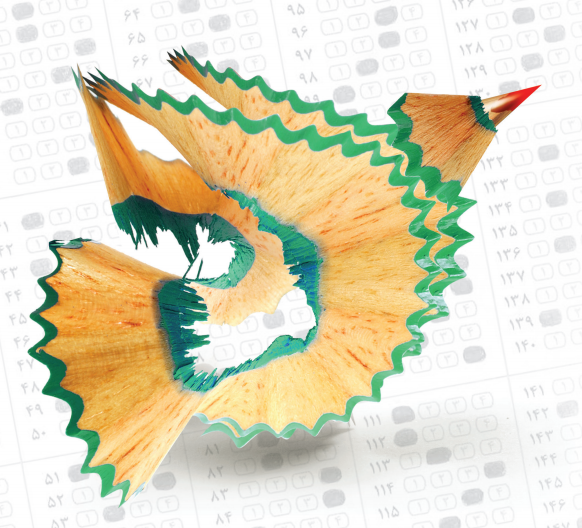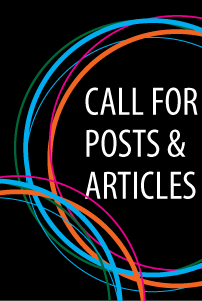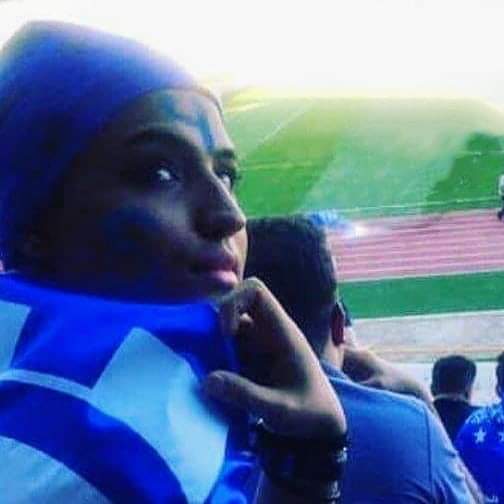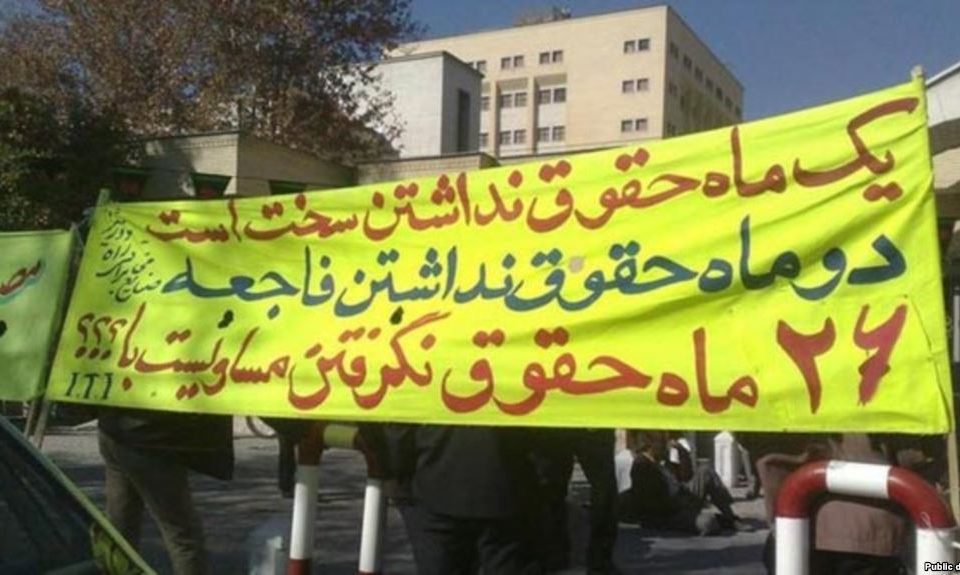
Punishing Students for Their Opinions
December 7, 2010DEC-OCT — Panahi Receives 6-Year Prison Sentence and 20-Year Ban on Filmmaking
December 20, 2010
Arseh Sevom’s Call for Articles and Posts: “Networks, Networking, and Change: Traditional, Social, Digital.”
DUE: FEBRUARY 25. (ادامه مطلب به زبان فارسی)
TARGET AUDIENCE: Iranians and other Persian speakers interested in the development of a healthy civil society. Articles do *not* have to be directly connected to Iran.
LANGUAGES: Persian and English
Word count: No more than 4000 words and as short as one paragraph.
Universities, churches and mosques, cafes, squats and upstart art spaces have all been incubators for social movements. Can virtual meeting places join those physical meeting places as breeding places for social change? Have they already?
There is so much to learn about how networks function and work together, which is why Arseh Sevom has chosen the topic: “Networks, Networking, and Change: Traditional, Social, Digital,” for its first online magazine.
Arseh Sevom is an organization dedicated to strengthening civil society in Iran and related communities. We are asking academics, journalists, bloggers, activists, and others to contribute thought-provoking pieces. Our first topic is: “Networks, Networking, and Change: Traditional, Social, Digital.”
The idea of this journal is to create discussion. This will be a good place to explore and share ideas, discuss ongoing research and analysis, and engage the public.
This is not meant as an academic journal, but we welcome (with open arms) ideas and research shared in academic papers with the caveat that they be rewritten for a more general audience. Posts and articles can be submitted in Persian and English.
For more information please contact Tori Egherman at [email protected].
GUIDELINES
Since the journal will be primarily accessed online, we are presenting these guidelines:
1. Keep it short and clear, maximum 4000 words.
2. Use headings every 2 or 3 paragraphs so that readers can easily keep their places
3. Linking
Please make sure to link to sources when possible. You can copy the urls and place them next to your text so that our web editors can add the links to the text.
4. Images
Some images are so widespread on the web that it is hard to determine whether or not it has a copyright. When you can link to the author of the image, do so.
5. Formatting
Please do not use special formatting in your word files. Keep it simple and generic. You can use built-in styles, and we will apply font styling. Do not create special headings and special styles. Start headings with heading 2, not heading 1 and apply standard styles from then on.
6. Youtube and online video
Like with other links, include links to youtube and other online video. We will get the embed code. Because many of our readers are located in Iran, it is important to summarize any online video to ensure that readers know what it contains.
7. Summarize
A brief summary at the beginning of an article is always useful.
AND FINALLY…
There will be a panel of readers reviewing the articles before we decided to post, and we may suggest edits to authors. We encourage divergent opinions and nuanced discourse. We hope that you will participate in the discussion.
We would be pleased to publish repurposed pieces that were originally published in journals and on blogs.




